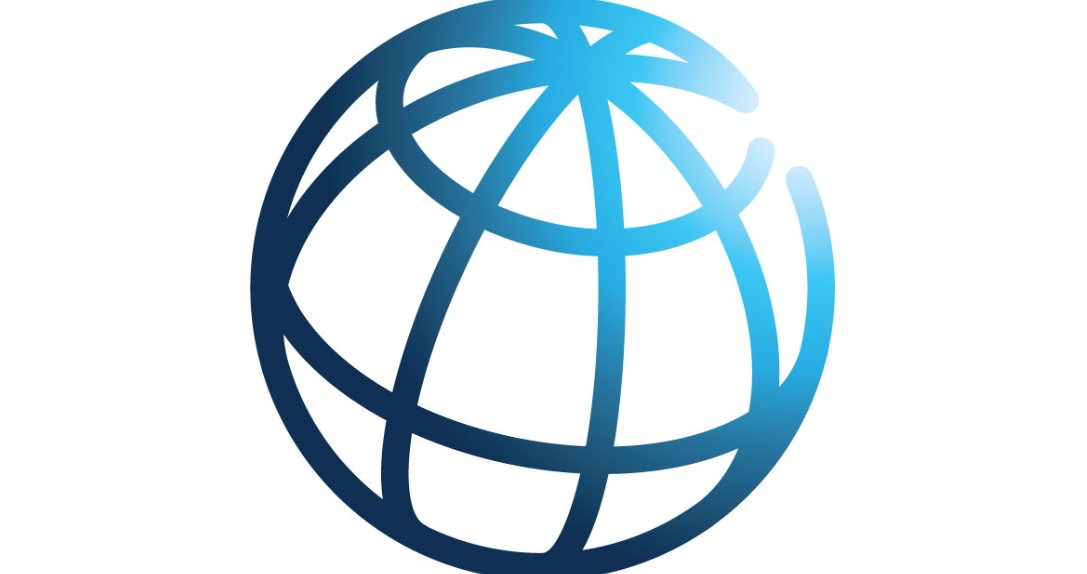Tanzania needs to invest in human capital for sustainable development: World Bank
In recent years, Tanzania has made gains in human development, with reduced under-five mortality, an increase in the average number of years of schooling for its youth, and improved adult survival.

- Country:
- Tanzania
Tanzania needs to undertake important and urgent investments to accelerate progress in the health and education of its citizens, especially the youth, if the country is to improve its human capital for sustainable development, according to the latest Economic Update published by the World Bank.
In recent years, Tanzania has made gains in human development, with reduced under-five mortality, an increase in the average number of years of schooling for its youth, and improved adult survival. However, its human capital index (HCI) of 0.40 means that children born today in Tanzania may reach only 40 percent of the earnings that they could have attained with full health and education.
“Tanzania’s wealth has increased by 45 percent since 1995 and this is an important achievement, but the country’s population has also grown, leading to a decreasing of per capita wealth which is not sustainable,” says Bella Bird, World Bank Country Director for Tanzania. “For the country to achieve sustained and inclusive growth, it needs to make a concerted investment in its people, as human capital is the most important asset of any country.”
The World Bank launched the HCI in October 2018, as part of the new Human Capital Project to encourage countries to invest more and better in their people. The index focuses on five factors that have an important bearing for future earnings: the survival rate of children past age five; the expected number of years of education completed by youth; the quality of learning in school; how long workers will remain in the workforce, as measured by adult survival past 60; and prevention of stunting in young children.
There is a lot for Tanzania and other countries to learn from the four countries that top the HCI ranking—Singapore, South Korea, Japan, and Hong Kong—whose success is explained by the fact that they made investing in youth a top priority, focusing on education and skills development at all stages of their progress,” says Quentin Wodon, World Bank Lead Economist and co-author of the 12th Tanzania Economic Update.
Given its level of development, Tanzania performs especially poorly in the number of years of schooling that children complete and the risk that children under the age of five will be stunted. In addition, the report finds that gender inequality in earnings is also affecting the country’s ability to increase its human capital wealth and thereby its total wealth per capita.
To tackle the country’s barriers to human capital development requires boosting investments in multiple areas using a “whole of government” approach to providing quality services. A special emphasis should be placed on reaching vulnerable adolescent girls’ sectors and targeting areas of the country that are lagging behind. In addition, to narrow the gender earnings gap, the authors recommend reducing the time women spend in unpaid work and redistributing care responsibilities to enable them to spend more time in the labor market; giving women more access to and control of productive assets; and addressing market and institutional failures that limit opportunities for women.
The latest Economic Update also provides a snapshot of recent economic developments and the outlook over the next few years. The external environment for trade and investment in Sub-Saharan Africa remains challenging, and there has been softening on both fronts in Tanzania. However, it is the pace of domestic policy reform implementation that will remain most critical for the country’s growth outlook. Government action to improve the business environment and fiscal management should be top priorities, including lowering the costs of regulatory compliance, reducing domestic arrears (VAT refunds and payments to suppliers), preventing new arrears, and ensuring a prioritization of investment projects based on sound criteria and growth-enhancing prospects as well as securing adequate and affordable financing to complete these projects on schedule.
ALSO READ
Health News Roundup: Nigerian takes to the water to raise mental health awareness; South Korea's Yoon urges doctors to end impasse over trainees and more
32,845 Palestinians killed in Gaza since Oct. 7, health ministry says
Health News Roundup: Kobayashi factory searched over deaths possibly linked to supplements; Russian military intelligence unit may be linked to 'Havana syndrome', Insider reports and more
STEP successfully hosted Green Ribbon Fest to encourage innovation in mental health entrepreneurship
Important to 'pick our battles', probe agencies should concentrate on crimes that threaten security, economic health of nation: CJI










